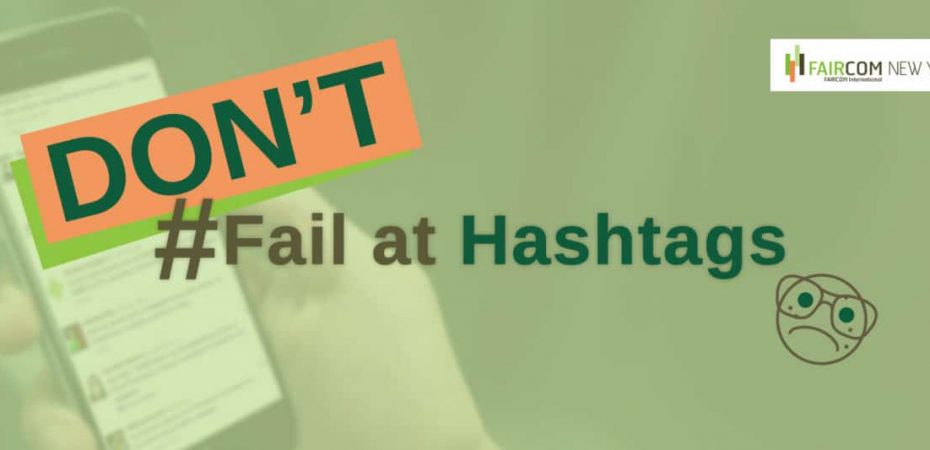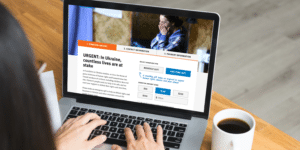By Will McMeans, Jr. Social Media Strategist
Remember when you used to say, press the pound key? Or, insert the number sign? Today, many people refer to the symbol as a ‘hashtag’. It’s certainly not an uncommon term for the symbol that was made widely popular on social media channels like Twitter and Instagram. The first tweet that used a hashtag was in 2007 by Chris Messina, asking “how do you feel about using a # (pound) for groups. As in #barcamp?” The twitter grouping option quickly caught on. In 2009, Twitter began hyperlinking their hashtags to search results, and in 2010 the “Trending Topics” section was introduced to the front page of Twitter.
Hashtags have become a great way to label posts so users can find and share content related to specific conversations and topics: they help build global conversations on a wide variety of topics. A great example was the ALS #IceBucketChallenge. The campaign brought in over $100 million in donations in just one month. Since the wild success of the hashtag campaign for the ALS Association, many nonprofits were eager to adopt new hashtags for their brand-raising. But be cautious…while it seems easy to make a great idea go viral, sometimes a hashtag can be misconstrued and backfire.
A new hashtag campaign has been taking over social media over the past few weeks. The #DontJudgeChallenge was intended to promote body positivity—to encourage people not to judge others’ appearances, or their own, harshly. The hashtag’s popularity coincided with a Youtube video post by Em Ford where she reveals the nasty comments she received after posting a video of herself with no makeup. But what started off as an attempt to accept body differences quickly turned into something insensitive and insulting. To top it off, many Twitter users started misspelling the hashtag as #DontJudgeChallange, with an ‘a’ at the end of challenge rather than an ‘e’, splitting the posts up among two very different hashtags.
Things quickly took a turn for the worse though as users started posting before and after videos of themselves. The ‘ugly’ before video emphasized stereotypical ‘ugly’ features rather than their actual appearances. This entailed wearing glasses, drawing fake pimples, using a marker to create large unibrows, etc. to feed into the negative stereotypes of beauty. Ultimately, the hashtag seemed to perpetuate what it had originally been created to fight against.
Clearly, the #DontJudgeChallenge failed, but it teaches an important lesson on using a well thought out hashtag. It’s important to remember that even if you come up with the hashtag, you don’t own it—no one does. You can set out to have a positive conversation about your work or something related to it, but it’s your audience’s reception to it that will ultimately determine how it plays out. Make sure to think of something that won’t easily backfire to work against you, like the NYPD’s #myNYPD campaign. Also make sure that the goal of the campaign is clear. The #DontJudgeChallenge might have been understood by most original users, but once a few social media users misunderstood it, the new concept caught on quickly. Try to make sure that people can easily understand the intention of your campaign without much explanation.
Ultimately, you can’t prepare yourself for all of the situations that might lead your hashtag astray. But if your campaign is well thought out, you can avoid some of the disastrous situations we’ve seen hashtag campaigns turn into. You can introduce a hashtag however you like, but once you encourage other people to start using it, you can no longer control the outcome.






